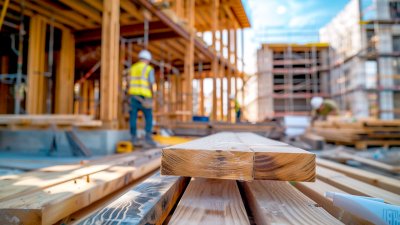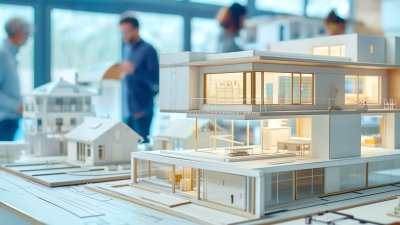In Germany, heat pumps are gaining in importance as a climate-friendly alternative. This is partly due to new legislation. This stipulates that heating systems in new buildings must be powered by at least 65% renewable energy from 2024. However, heat pumps are often at the center of misunderstandings due to their alleged inefficiency in unrenovated old buildings or their high operating costs. The Association of German Engineers (VDI) points this out.
It is also a myth that heat pumps are only suitable for underfloor heating. Modern heat pumps can also be combined with traditional radiators and are therefore not exclusively dependent on underfloor heating. They remain efficient even at very low temperatures, whereas air-to-water heat pumps can easily lose efficiency in extremely cold conditions and require slightly more electricity to provide sufficient heat.
The installation of heat pumps is also often seen as complex, but according to the VDI, modern systems are more compact and easier to install than many people think. Furthermore, some interested parties associate heat pumps with an initial investment. According to the VDI, this can be higher than for conventional heating systems, but government subsidies can lead to considerable cost reductions. Some interested parties are also concerned about the noise level. The VDI points out that outdoor air units in particular can cause noise levels of 50 decibels. However, the systems have already become quieter thanks to sound insulation technologies.
© immonewsfeed




